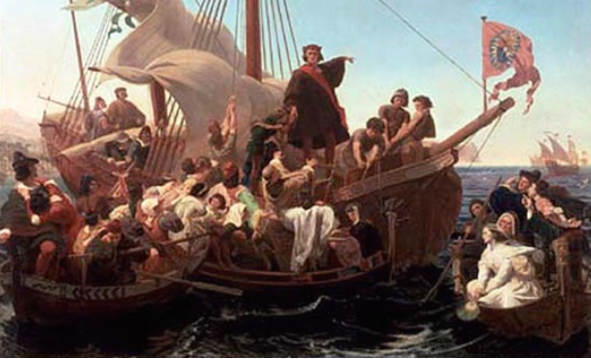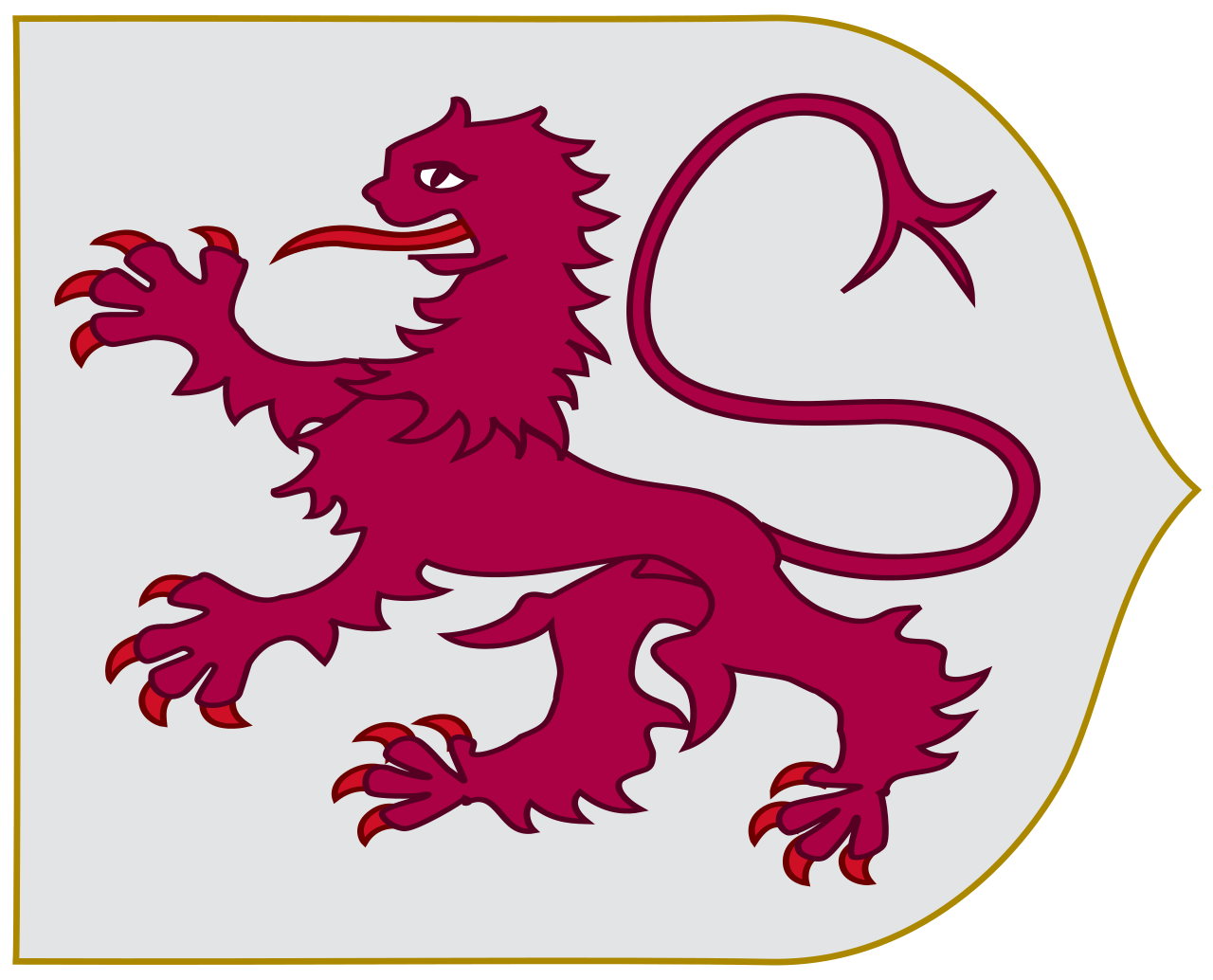The conquest of Mexico by Hernán Cortés is a crucial episode in the history not only of Spain and Mexico itself, but of the entire world. This event marked a turning point in the history of the American continent, irreversibly altering the course of indigenous and European history. From its beginnings to its consequences, the conquest of Mexico is a subject of great complexity and controversy that continues to be the subject of study and debate to this day.
The historical context
To fully understand the conquest of Mexico, it is crucial to understand the historical context in which it occurred. In the early 16th century, the Aztec empire dominated much of Mesoamerica. Its capital, Tenochtitlán, was one of the largest and most sophisticated cities in the world at the time. However, the empire was plagued by internal conflicts and its hegemony was far from undisputed.
Spain, on the other hand, was in the throes of exploration and colonial expansion. In 1519, Hernán Cortés, born in Medellín, Extremadura, Spain, led an expedition to the New World with the aim of exploring and conquering new lands on behalf of the Spanish crown. An ambitious and cunning man, Cortés saw the Aztec empire as an opportunity for riches and glory.
Cortés’ arrival in Mexico
In February 1519, Hernán Cortés landed on the coast of the Gulf of Mexico with a small contingent of Spanish soldiers. From the outset, he faced a number of challenges, including resistance from local indigenous peoples and distrust from some of his own men. However, Cortés proved to be a charismatic and persuasive leader, able to hold his troops together and win the trust of indigenous allies who would prove key to the conquest.
One of the most emblematic moments of his arrival on American soil was the burning of Cortés’ ships near Veracruz. This radical act was a demonstration of determination and a clear message to his men: the only option was to advance and conquer, as there was no turning back.
The fall of Tenochtitlan
The climax of the conquest of Mexico was the fall of Tenochtitlán, the capital of the Aztec empire. After a series of battles and strategic alliances with indigenous peoples who were enemies of the Aztecs, Cortés and his men laid siege to the city for several months. Finally, in August 1521, Tenochtitlán fell to the Spanish after an intense battle that left the city in ruins.
The conquest of Tenochtitlán was a remarkable military achievement, but it was also an act of brutality and destruction. The city was sacked and many of its inhabitants were killed or enslaved. The fall of Tenochtitlan marked the end of the Aztec empire and the beginning of Spanish rule in Mexico.
Consequences of the Conquest
The consequences of the conquest of Mexico were profound and long-lasting. First, the arrival of the Spanish led to the destruction of entire civilisations and the extermination of millions of indigenous people through war, disease and slavery. In addition, the conquest established Spanish rule in Mexico and laid the groundwork for three centuries of colonialism in the region.
The conquest also had important cultural and social repercussions. The arrival of the Spanish introduced new languages, religions and customs into Mexico, radically transforming the lives of the indigenous peoples. Many aspects of Aztec culture were suppressed or assimilated by Spanish culture, giving rise to a new mestizo identity in Mexico.
Legacy and controversy
The conquest of Mexico remains a subject of great controversy and debate today. For some, it is an event that marked the beginning of modern civilisation in Mexico and the rest of Spanish America. For others, it is a symbol of oppression and exploitation that still has a lasting impact on Mexican society.
In recent years, there has been a renewed interest in re-evaluating the conquest of Mexico from an indigenous perspective. Many historians and activists have highlighted the role of indigenous peoples’ resistance to the Spanish invasion, as well as the continuing legacy of indigenous culture and identity in Mexico.
Ultimately, the conquest of Mexico by Hernán Cortés is a complex and multifaceted event that continues to resonate in the history and culture of Mexico and the world at large. It is a reminder of the profound and often devastating impacts that encounters between different cultures and civilisations can have, and the importance of learning from history in order to build a more just and equitable future.














Leave A Comment